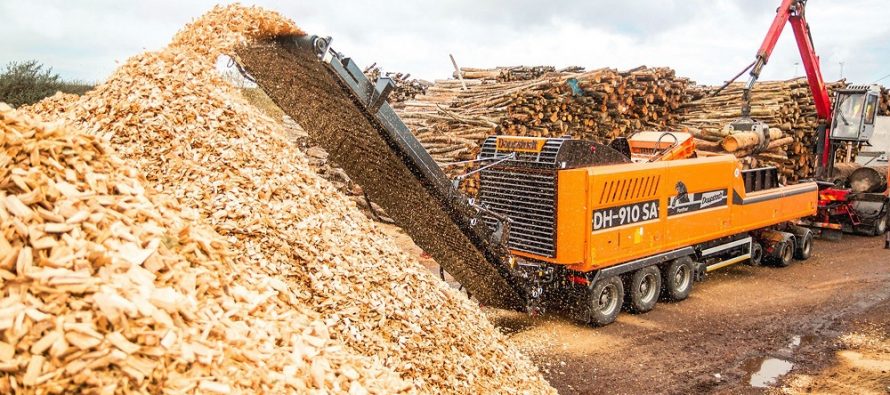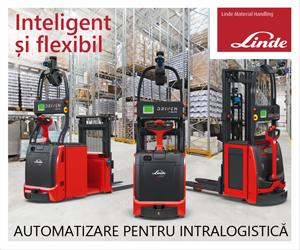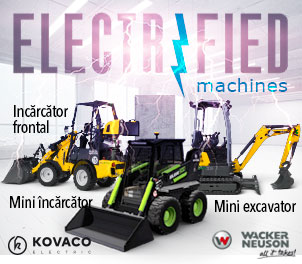Doppstadt is testing Volvo Penta engines

Related Articles
Doppstadt is testing prototypes of two of its woodchippers with Volvo Penta engines, to suit markets which adhere to Stage II/ Tier 2 and Stage IV/ Tier 4 Final emissions regulations. Doppstadt manufactures shredders, separators and mixing machines which can process wood, commercial waste, excavated earth, biomass and refuse, for the industrial and recycling industries.
“We had deep discussions with Volvo Penta about what we wanted and have been testing together those prototypes. We had a plan for aspects such as torque, speed and fuel consumption, and we made decisions based on those facts. We decided to collaborate and build with them because we think that their engines are reliable as well as powerful and fit the profile of our machines. By testing together we are optimizing the driveline of our application to achieve an efficient machine with low fuel consumption and high performance”, explains Daniel Kürten, product manager at Doppstadt
Volvo Penta’s Stage II/Tier 2 TAD1643VE is being tested Doppstadt’s DH910 SA woodchipper, which is the most powerful model in its range. It produces big wood chips, which burn better than small ones. It can be fed with 150 m³ of solid wood per hour and is loaded by a material handler. It is used by the forestry industry, sawmills and bio-mass producers.
Doppstadt is testing both the Stage II/Tier 2 TAD1643VE and the Stage IV/Tier 4 Final-compliant TAD1672VE in its DH910 SA-B, a similar machine but with a slewable output conveyor. It is a logical solution because it is based on the same engine platform – therefore there are synergies in the electrical installation and engine room design.
“They have quite a simple solution for the Stage II and Stage IV emissions, which are easy to install and work well together with Doppstadt‘s machine control system,” says Kürten. “We are building on a partnership to power machines across recycling, forestry, and biomass production in the future.
“We need to have machines that have minimal downtime and can be serviced globally. Our machines are very strong and robust, and we provide the best solutions and service for our customers – and Volvo Penta does that too. Emissions regulations are one of the main challenges we face. We need to be prepared for the future and we look forward to it. We have a good relationship with Volvo Penta. If we have an issue, we work together with Volvo Penta on a solution and they support us very well.”






